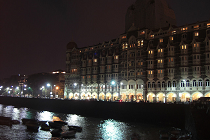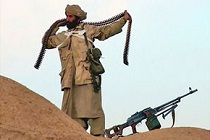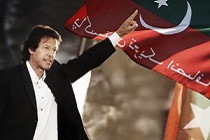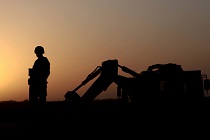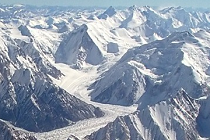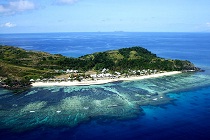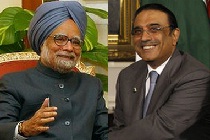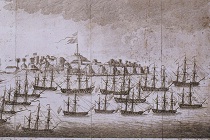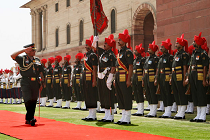Mumbai, after 26/11
Four years after the 26/11 terrorist attacks, Mumbai remains almost as vulnerable. The city is losing its expansiveness, while terrorism drives a wedge between the Hindu and Muslim communities in bindaas Mumbai. Are India’s secular traditions strong enough to emerge from such assaults with its integrity assured?

